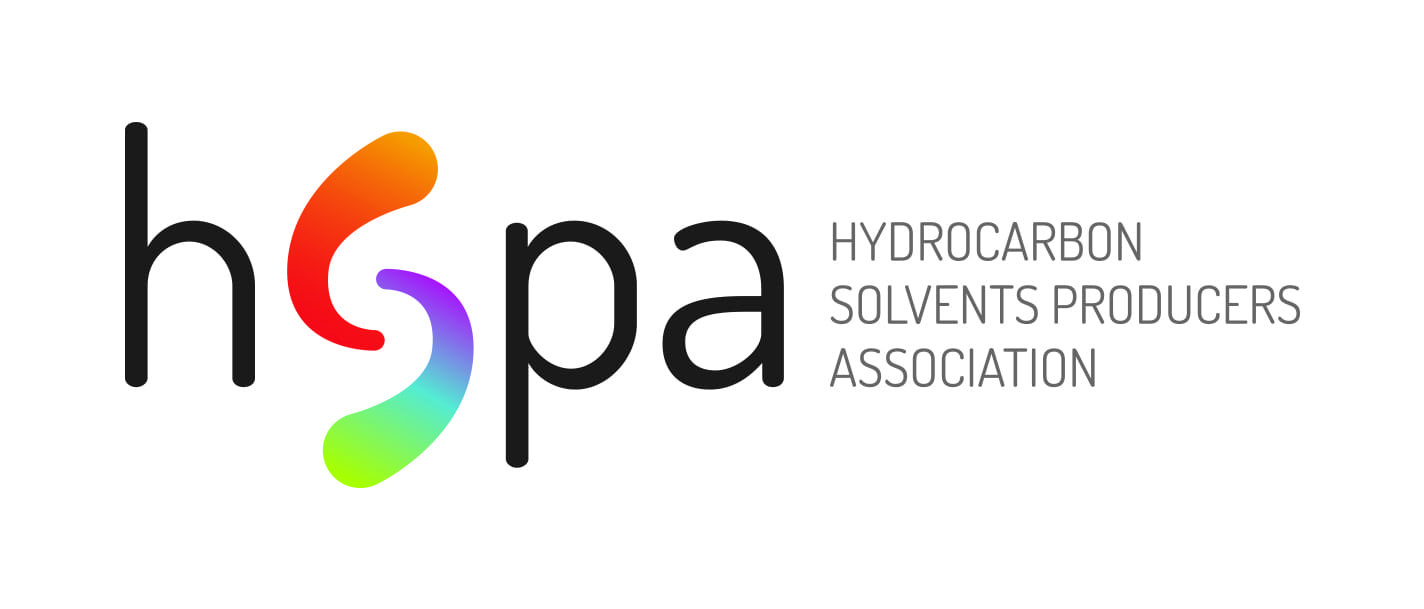

Hydrocarbon Industry Calls for Updated
Health Canada Review on Gas Oils and Kerosines
In an August 29, 2024 statement, the Hydrocarbon Solvents Producers Association (HSPA) raised concerns about Health Canada’s proposed risk assessment and management plan for gas oils and kerosenes used in consumer products. This assessment, part of the GOKUPAC (Gas Oils and Kerosenes with Uses in Products Available to Consumers Group) document initiative, seeks to evaluate potential health risks associated with these substances.
The HSPA emphasized that the hydrocarbon industry has made significant advancements over recent decades to improve product safety. Today’s formulations have reduced levels of aromatic compounds, thus lowering potential health impacts.
However, HSPA noted that Health Canada’s evaluation relies on outdated toxicological data, particularly older studies on skin absorption rates, which suggest higher absorption rates than those found in more recent research. According to HSPA, this dependence on legacy data results in overly conservative risk estimates that may not accurately reflect the safety profile of modern products.
Another critical issue highlighted by HSPA is the assumption that all gas oils and kerosenes share the same chemical composition, represented by certain CAS numbers (Chemical Abstracts Service identifiers). HSPA argues that this generalization does not account for refinements in hydrocarbon processing, which have enhanced product safety.
To address these concerns, HSPA advocates for the incorporation of recent toxicological studies, such as those by McKee et al. (2018), which provide valuable insights missing from the current GOKUPAC review. Additionally, HSPA recommends that Health Canada establish a collaborative consultation process with the hydrocarbon industry to ensure that the final assessment reflects the latest scientific knowledge and best practices.
In conclusion, HSPA calls for a reassessment of the GOKUPAC document to incorporate technological advances and newer research findings. Such an approach, they argue, would result in a more precise and relevant regulatory framework that aligns with contemporary safety standards. HSPA also affirms its availability for further discussions and to contribute additional scientific insights.